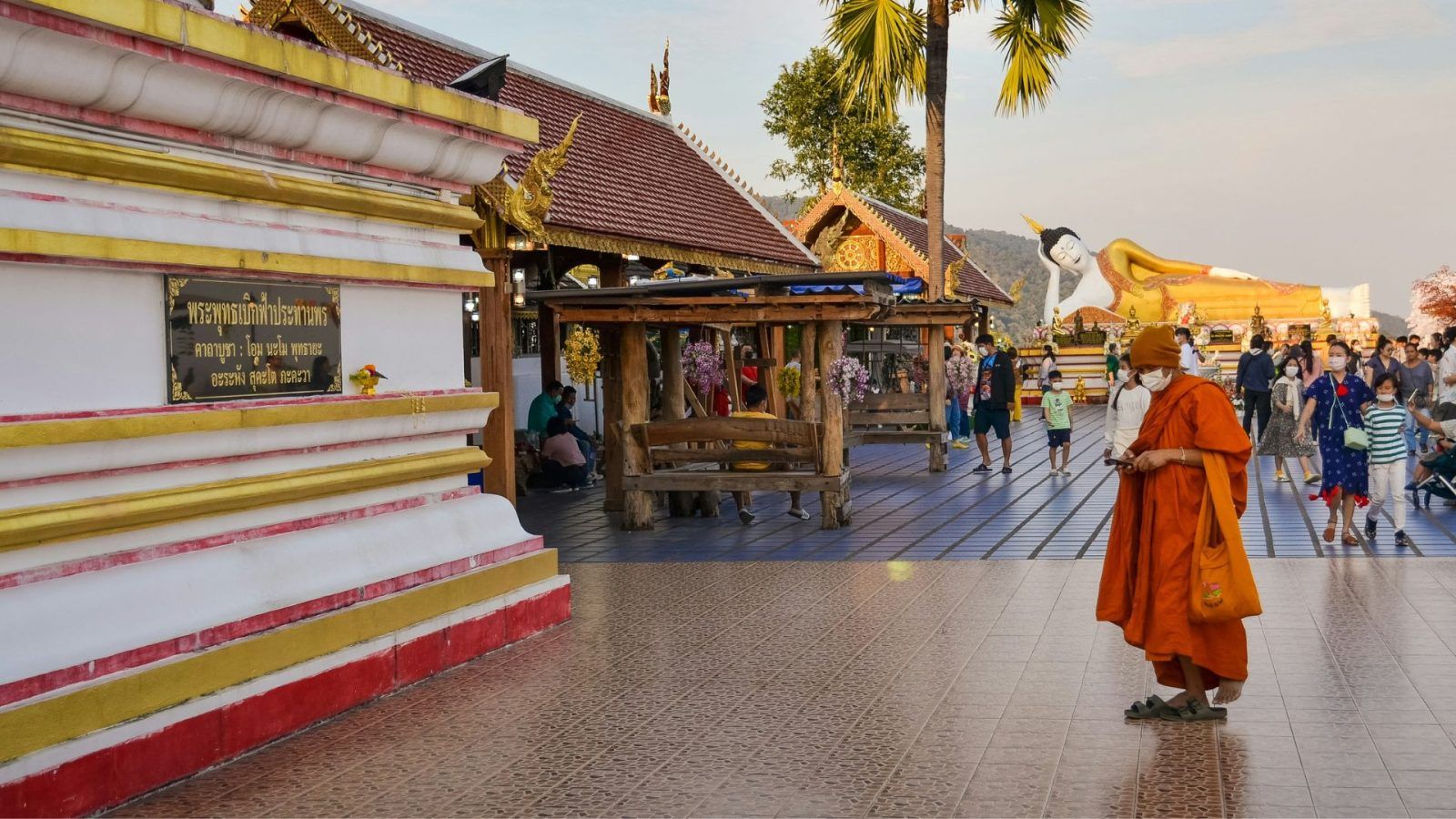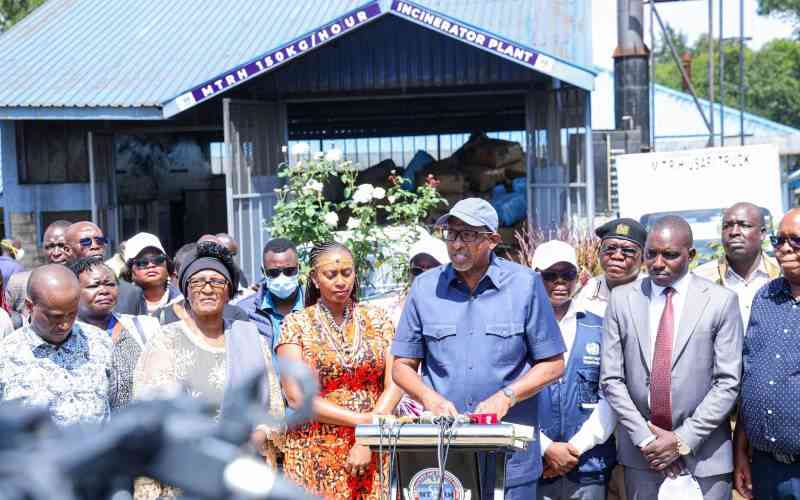Australia Issues Travel Alert for Eight Nations Including Saudi Arabia

Australia has issued a comprehensive travel alert for 2025, warning its citizens about significantly increased safety and security risks in several popular international destinations. The updated advisory places Saudi Arabia, Mexico, Brazil, China, Turkey, Egypt, France, and Jamaica on a high-risk list due to a disturbing rise in threats. These dangers span a wide spectrum, including violent crime, political instability, terrorism, unpredictable legal environments, and natural disasters, prompting Australian authorities to urge citizens to reconsider travel or exercise extreme caution.
Saudi Arabia: For Saudi Arabia, the concerns are multi-faceted. The Saudi government has implemented strict restrictions for the 2025 Hajj season, barring foreign visitors without specific permits from entering Makkah between April 29 and June 11. A persistent risk of missile and drone attacks originating from Yemen remains, with some projectiles aimed at Israel potentially failing over Saudi territory. Although authorities usually intercept these, the danger continues. Additional risks include potential terrorist attacks, extreme summer temperatures exceeding 50°C, and frequent sandstorms that can disrupt travel and pose health hazards.
Mexico: Mexico presents severe challenges, particularly due to widespread violent criminal activity. Australian travelers are strongly advised to reassess any plans to visit states such as Chihuahua, Sinaloa, Guanajuato, Sonora, Colima, and Chiapas. In these regions, drug cartels operate openly, leading to frequent murders, kidnappings, and armed robberies. Criminals often target drivers, especially at stoplights or on isolated roads. Authorities recommend avoiding nighttime driving, using toll roads whenever possible, and opting for air travel between cities. Furthermore, Australian visitors must complete an online FMM immigration form and carry the corresponding QR code to mitigate the risk of deportation.
Brazil: Travel to Brazil will require Australians to obtain a visa starting April 10, 2025. The country grapples with a high rate of violent crime, including muggings, armed robberies, and carjackings, particularly prevalent in large urban centers. The Department of Foreign Affairs and Trade (DFAT) strongly advises against entering favelas, even with organized tour groups. Tourists are cautioned to avoid isolated areas, especially beaches after dark, and to rely on prepaid taxis or verified rideshare applications for transportation. The rainy season also brings frequent flooding and landslides, which can disrupt travel and compromise safety.
China: Regarding China, Australian authorities highlight the risk of arbitrary detention under the country's broad national security legislation. Local officials may enforce these laws without clear or consistent legal processes, posing a significant concern for foreign nationals. The Chinese government also implements strict surveillance measures, especially in regions like Xinjiang and Tibet. Access to Tibet is generally restricted to organized tours, and security checkpoints are common. DFAT warns Australians against participating in protests, photographing demonstrations, or engaging in any activities that could be construed as violating local laws. Scams and petty crime also remain prevalent in crowded public areas.
Turkey: In Turkey, a current ban on protests, particularly in Istanbul, means authorities often restrict movement for individuals suspected of participating. DFAT reports an ongoing threat of terrorism, with tourist-frequented locations like transport hubs, shopping malls, and religious sites being potential targets. Geographically, parts of Turkey are situated on active earthquake zones, and major quakes are often followed by aftershocks; travelers should familiarize themselves with local evacuation procedures. A more unusual but serious threat involves counterfeit alcohol, which has recently led to fatalities. Tourists are advised to avoid suspiciously cheap beverages and consume alcohol only at licensed establishments.
Egypt: Egypt carries a high risk of terrorist activity, especially in North Sinai and along its border regions. The Rafah crossing with Gaza is subject to frequent closures and has been affected by airstrikes, complicating any cross-border movements. Historically, terrorist groups have targeted tourist attractions and religious sites, often resulting in casualties. Beyond terrorism, travelers, particularly women traveling alone, face increased risks of kidnapping, harassment, and violent crime. DFAT urges tourists to avoid large crowds and areas known for civil unrest.
France: France currently maintains its highest national terror alert level. Consequently, security forces have a visible presence at airports, popular tourist attractions, and public gatherings. Terrorist groups may target venues associated with LGBTQIA+ events, large-scale music festivals, or major transportation centers. Incidents of theft, such as bag snatching and pickpocketing, tend to surge during peak tourist seasons. Visitors are advised to remain particularly vigilant when using metro systems, around iconic landmarks like the Eiffel Tower, and in other prominent tourist spots. Furthermore, frequent strikes and protests can disrupt public services. Demonstrations have the potential to escalate into clashes with police, and DFAT strongly advises Australians to avoid large gatherings altogether.
Jamaica: For Jamaica, DFAT advises travelers to exercise a high degree of caution. The risk of gang-driven violence, including armed assaults and homicides, is notably elevated, especially after dark and in areas outside the main tourist zones. Tourists have been targeted by criminals while using public transportation and riding in unregistered taxis. DFAT recommends against walking alone or displaying visible valuables and suggests steering clear of Mountain View Avenue when traveling to or from Norman Manley International Airport. Additionally, incidents of drink spiking in nightlife venues have been reported, leading to thefts and physical assaults.
Reflecting the evolving global security landscape, Australia’s updated travel advisory for 2025 underscores the importance of proactive safety measures. For all the aforementioned countries—Saudi Arabia, Mexico, Brazil, China, Turkey, Egypt, France, and Jamaica—the Department of Foreign Affairs and Trade (DFAT) strongly encourages Australian travelers to: register their travel plans with SmartTraveller, continuously monitor local news for updates, ensure they have comprehensive travel insurance, scrupulously avoid demonstrations and large public gatherings, and strictly follow all local laws and health regulations. By staying informed, prepared, and cautious, Australians can better navigate the potential risks when exploring these international destinations.












